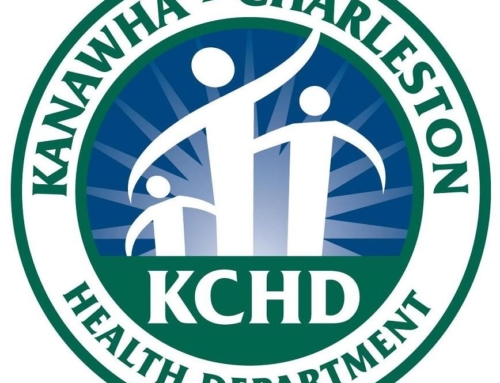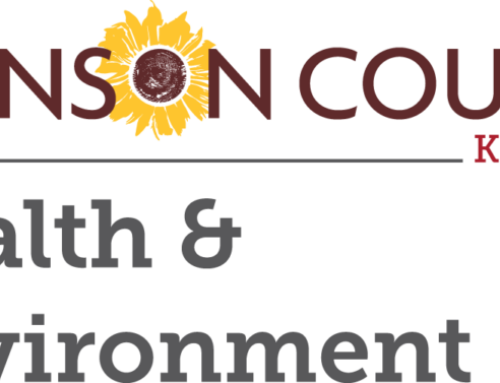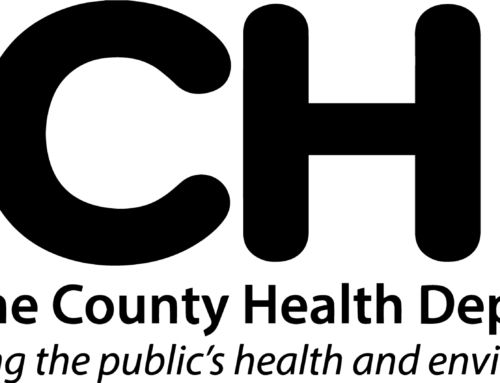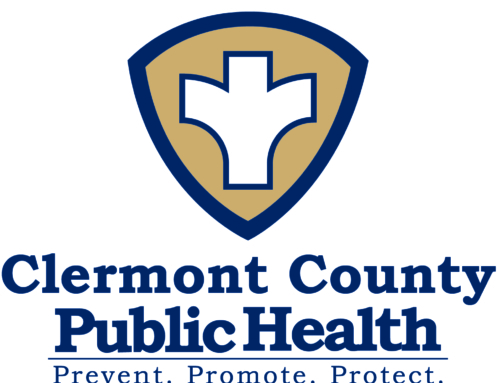Project Description
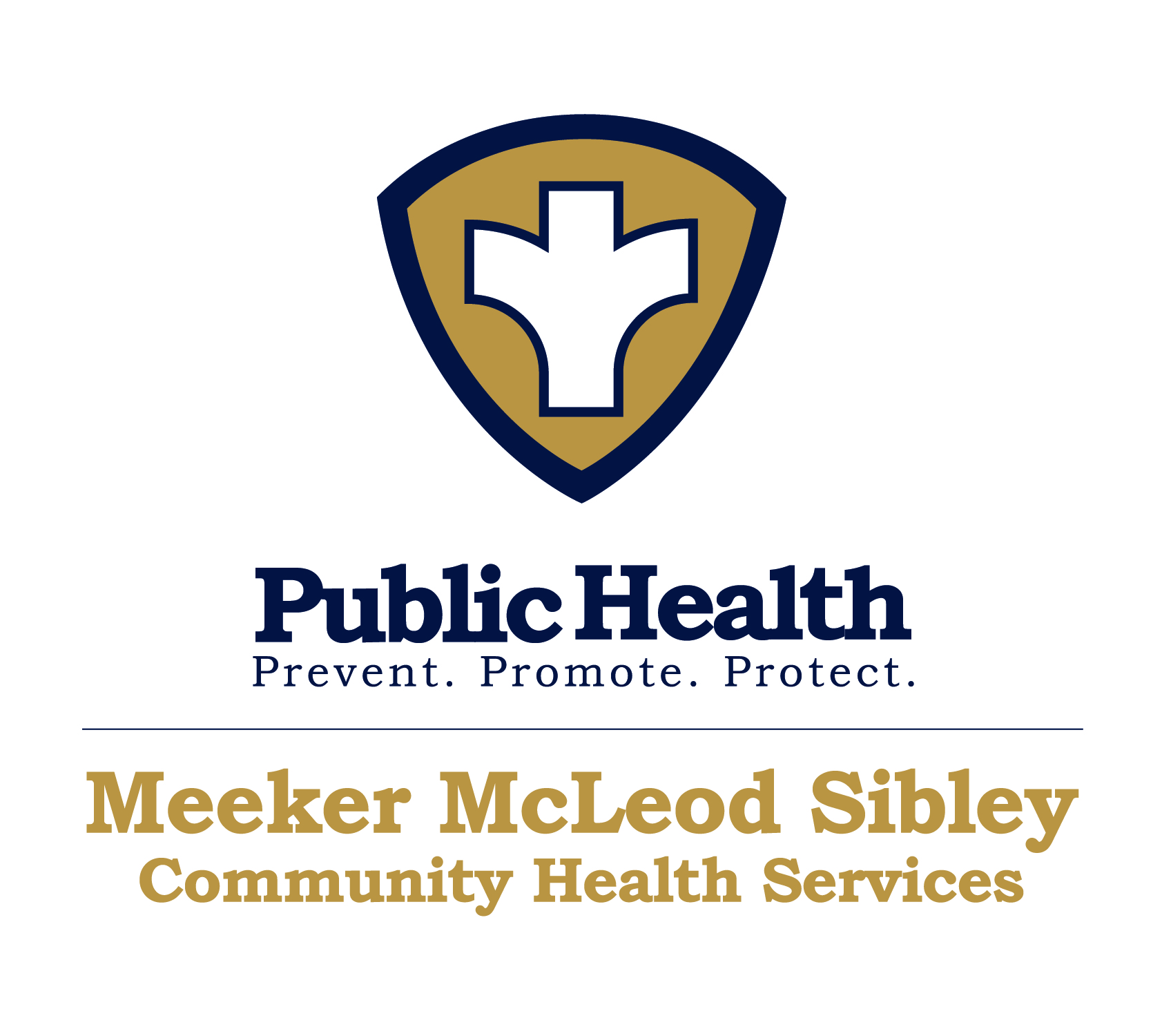
“On our journey to accreditation, the required documentation to prove our work was the catalyst we needed to make internal changes and strongly influence external changes for the better.”
At Meeker-McLeod-Sibley Community Health, Accreditation Sparks Level of Accountability that Goes Above and Beyond
By Kerry J. Ward, CPST
Accreditation did not change our staffing levels but led to change in our process requiring accountability above and beyond Meeker-McLeod-Sibley Community Health Services (MMS CHS). The question always came up “Yes, we do that and where is the document to prove it?” When we phrased the question this way, we ended up impacting other agencies like county departments, and the Minnesota Department of Health. The resulting changes were a domino effect that had far-reaching results. The first was in relation to Standard 11.1.7, which addresses how an agency maintains facilities that are clean, safe, accessible, and secure, and requires documentation of compliance with the American Disabilities Act (ADA). This measure required the CHS to reach out to a different county department to demonstrate compliance, since it was not our responsibility within the county system. The CHS’s Accreditation Coordinator had built relationships with staff in other county departments through county-wide initiatives in which public health participated. For example, she holds a position on the county well-being team and on the county safety committee. These pre-existing relationships allowed the accreditation coordinator to address the issues of ADA compliance at the county level. She felt comfortable to bring the topic of ADA audits and compliance to both these groups and to ask questions of the county administration and human resources offices. Building and maintaining relationships with entities outside the public health agency is critical in advancing public health practice. Ultimately, with these relationships and by the CHS initiating discussions with county administration and the safety committee, a system to complete audits is being created.
The second is related to the PHAB documentation review process. The CHS had intended to use a document written and maintained by the Minnesota Department of Health (MDH) called, “The Disease Prevention and Control Common Activities Framework.” This document delineates duties and responsibilities for infection disease prevention control between MDH, local public health agencies and healthcare providers. Unfortunately, this document did not meet our documentation time frame. Furthermore, it was discovered that a formal process for review was needed and revision was lacking. As the accreditation coordinator, I approached MDH staff to address this concern. MDH officials reviewed and revised the current document through the use of the existing state advisory board (State Community Health Services Advisory Board). In addition, they also created a workgroup of MDH staff, local public health staff and health care sector representatives that are currently formalizing the revision process to ensure the document remains relevant and follows the PHAB standards.
Our mantra has always been that accreditation is about changing how we operate, not adding more to our workloads. We knew that for the most part our agency was doing most of the work of the PHAB standards; what we struggled with was documentation or “proving our work.” Our PHAB site visit report stated that there is an opportunity for better documentation through detailed minutes with dates, which in turn will provide better evidence of actions that have taken place, meaning our work on accountability will continue. As we sought out documentation, we were often reaching out to other county departments and MDH. By asking the questions and initiating discussions, we created a level of accountability beyond our agency. On our journey to accreditation, the required documentation to prove our work was the catalyst we needed to make internal changes and strongly influence external changes for the better.
The path we have made will assist other counties across Minnesota as they work towards accreditation themselves. This domino effect will continue and make things better beyond the borders of Meeker, McLeod, and Sibley counties.
Meeker-McLeod-Sibley Community Health Services in Glencoe, Minnesota, was awarded national accreditation through the Public Health Accreditation Board on November 14, 2017.
About the author: Kerry J. Ward, CPST, is Accreditation Coordinator and Health Educator at Meeker-McLeod-Sibley Community Health Services in Glencoe, Minnesota. Contact her at [email protected].
